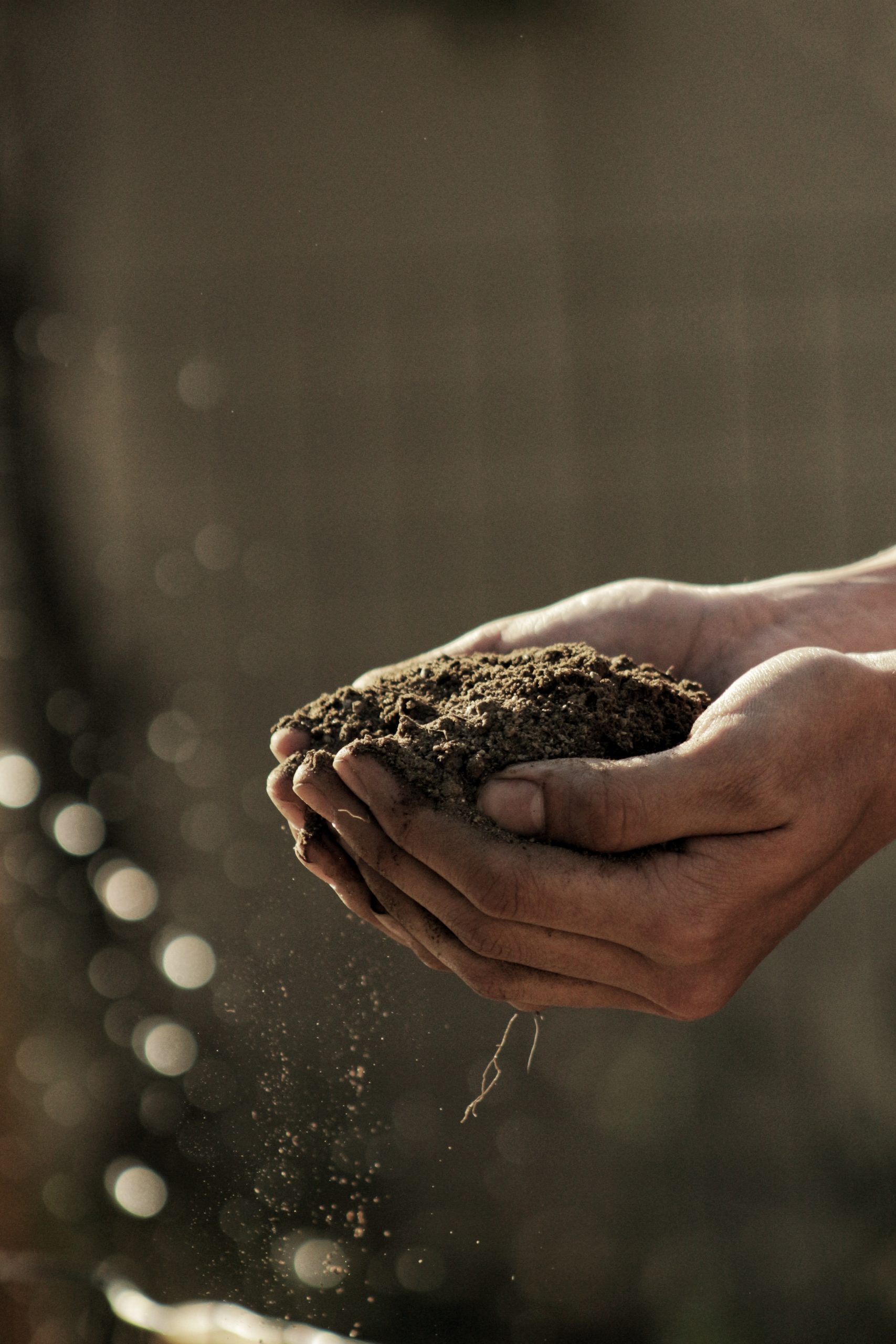My husband and I live just south of San Francisco. Needless to say, outdoor space is at a premium, especially if you want to garden. When we first moved here, we added ourselves to the waitlist at the local community garden. It’s a beautiful garden, next to a tennis court, bocce court, and a children’s playground. We were told there were approximately 50 garden plots, and only a few became available each year. Unfortunately, there were over 100 people on the waitlist.
After a five-year wait, we finally got our community garden. On a Saturday morning, we got up early and went to Home Depot. We bought 14 cubic feet of manure and we literally spread shit over 400 sq. ft. of our community garden plot.
My husband and I spent many hours figuring out the best fruits and vegetables to plant, amending the soil, spacing, best layout, etc. It was a complete 180 from our usual routine.
After spending half the day pulling weeds, digging, and amending the soil, we got home. I was exhausted. Even though I go to yoga almost every day, my body ached the next morning. And I wondered, is this insanity? We spent $60 on manure, then spent most of the weekend digging dirt.
To be honest, I felt slightly guilty for all of it. I had a very long list of things I should’ve been working on — columns, an article for Forbes, a final read of The Anxious Lawyer, and half a dozen presentations.
However, as we were gardening, touching, and smelling the soil, daydreaming about all the vegetables and fruits we would be planting, enjoying the sun (it was a perfect 72-degree day), seeing hummingbirds fly around, and bees buzzing about, I experienced peace, joy, and ease.
Sure, I try to experience these emotions every day, and that’s part of the reason why I meditate every day. However, being outdoors, connecting to nature just felt good. I didn’t have to try, strive, or do anything.
I was trying to put into a logical and non “woo woo” way of explaining this magical thing that happens when we connect to nature, because, well, lawyers are logical creatures. So, I certainly wasn’t going to ask you to take my word for it that being outdoors, in nature, is good for you.
Then, I saw this article in my Twitter feed from the New York Times. The title says it all: How Walking in Nature Changes the Brain. In a Stanford study, researchers gathered city dwellers and conducted an experiment. Here’s how the study was conducted:
Then the scientists randomly assigned half of the volunteers to walk for 90 minutes through a leafy, quiet, park-like portion of the Stanford campus or next to a loud, hectic, multi-lane highway in Palo Alto. The volunteers were not allowed to have companions or listen to music. They were allowed to walk at their own pace.
Immediately after completing their walks, the volunteers returned to the lab and repeated both the questionnaire and the brain scan.
I think you can probably guess what the study found. Not surprisingly:
…walking along the highway had not soothed people’s minds. Blood flow to their subgenual prefrontal cortex was still high and their broodiness scores were unchanged.
But the volunteers who had strolled along the quiet, tree-lined paths showed slight but meaningful improvements in their mental health, according to their scores on the questionnaire. They were not dwelling on the negative aspects of their lives as much as they had been before the walk.
They also had less blood flow to the subgenual prefrontal cortex. That portion of their brains were quieter.
Going back to my gardening story — I think we all know that being out in nature is good for you. Yet, we all struggle to do those things that are good for us. This includes things like eating less processed foods, exercising more, getting enough sleep, and spending time out in nature.
What is one activity that accomplishes all of these goals in one step? Gardening! I’m growing fruits and vegetables that are healthy for my body, adding a lot of exercise in the process, and spending time in nature. For me, those are three key ingredients for getting a good night’s rest.
But don’t take my word for it. Listen to those smart researchers from Stanford:
These results “strongly suggest that getting out into natural environments” could be an easy and almost immediate way to improve moods for city dwellers.
This article previously appeared on Above the Law.

